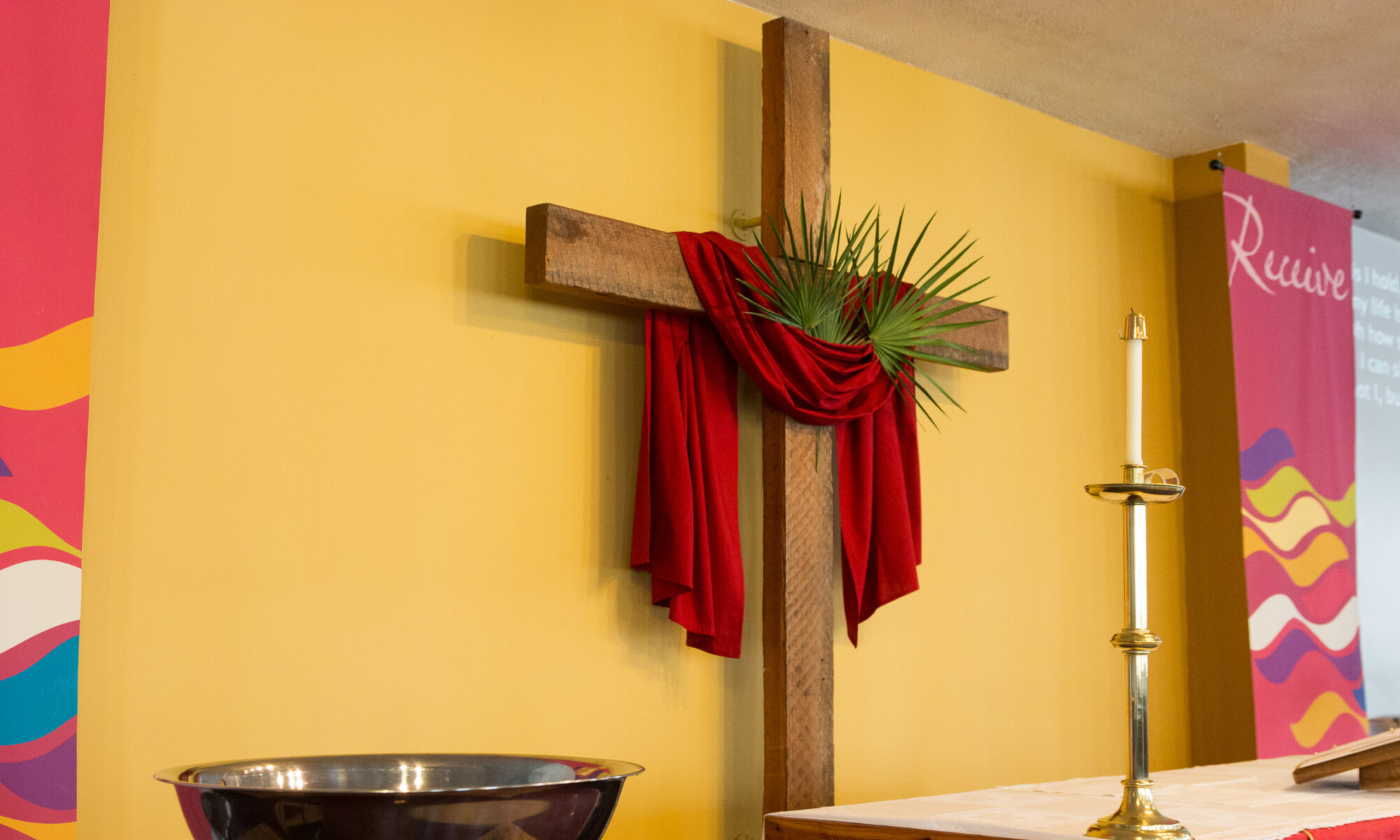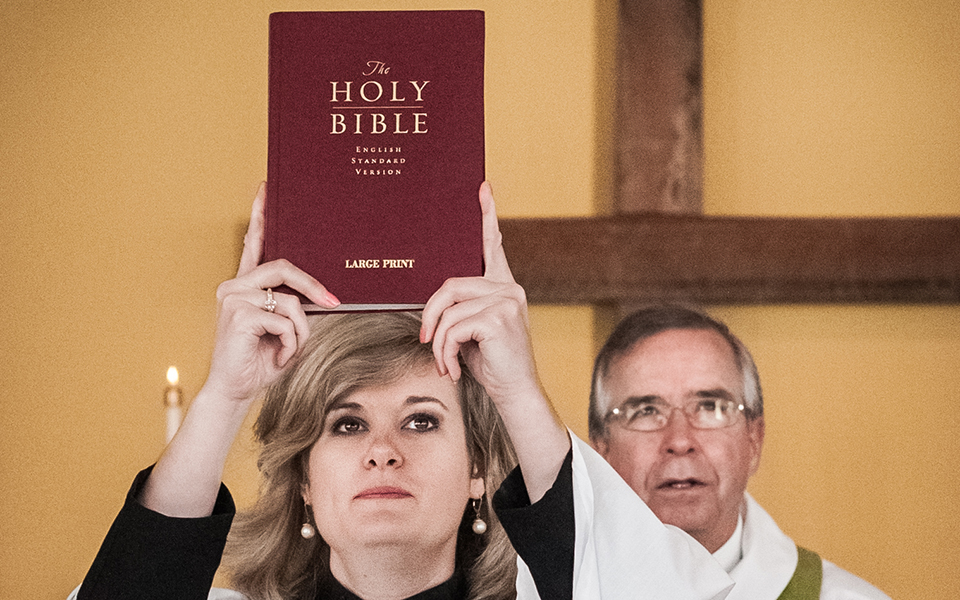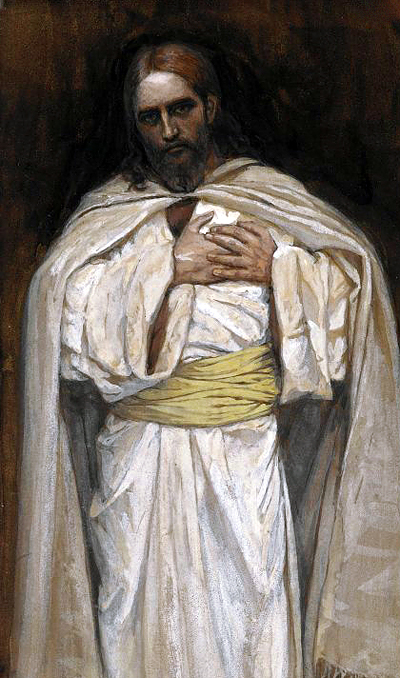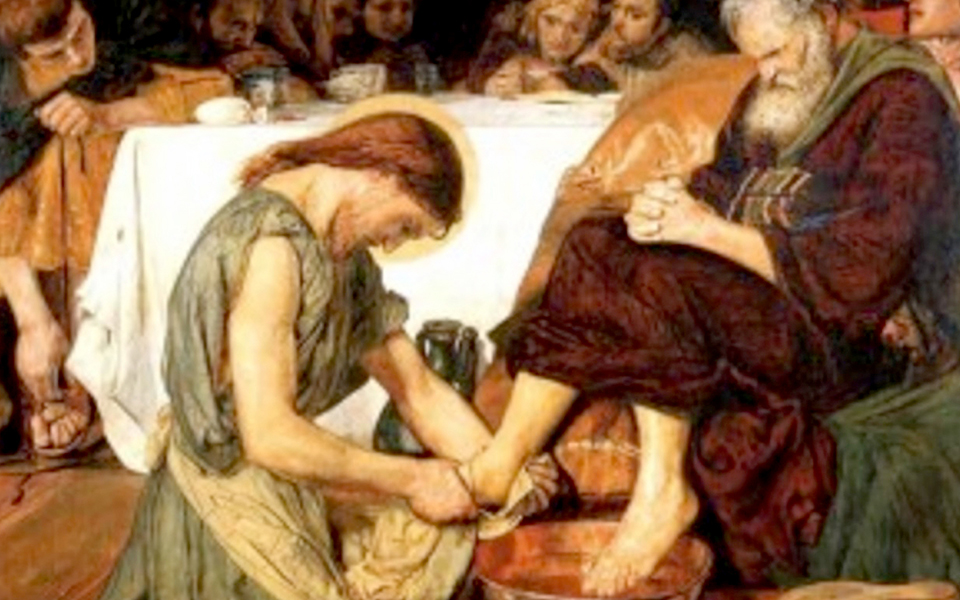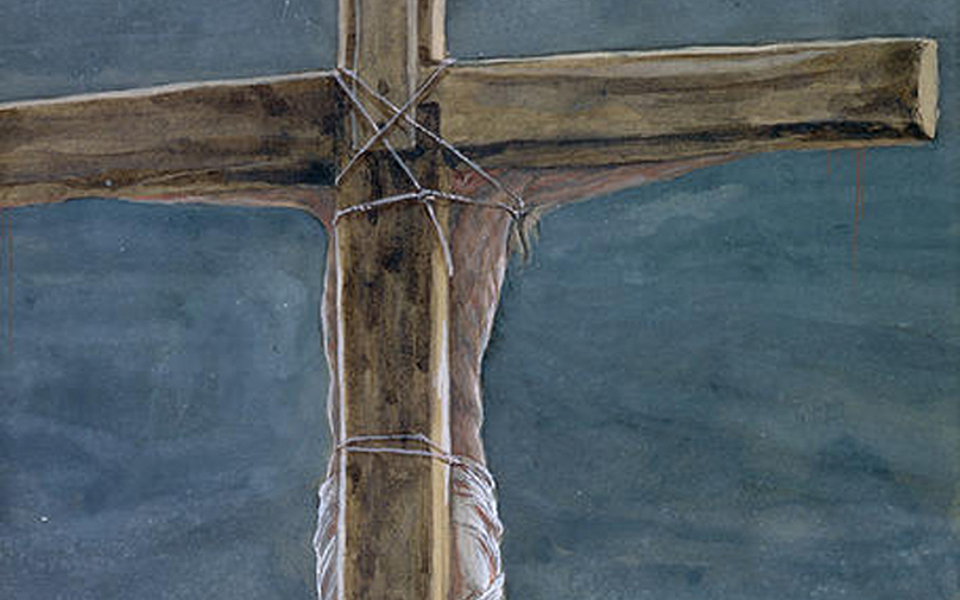In reading through the Daily Office this morning I found myself thinking about generations; indeed, about paradigmatic generations. Let me explain:
In our Old Testament reading we find Moses addressing the People of Israel as they prepare to enter the Promised Land (Deuteronomy 3: 18-29);
In our Psalm we find David praising God for ‘rescuing him from the hand of all his enemies and from the hand of Saul’ and finally making him King of the Chosen People (Psalm 18- superscription);
In our New Testament reading Paul agonizes over the failure of his own people to receive with faith the Messiah (Romans 9:19-33);
And finally, in our Gospel Jesus forewarns his disciples about the context in which they will live out their lives- the generation marked by his crucifixion and resurrection at its beginning and the destruction of Jerusalem—some 40 years later—at its end (Matthew 24: 1-14).
It occurred to me as I prayerfully read these texts that the Story that the Scriptures tell the Story which begins with Creation and ends with Consummation; the Story which is marked by the disaster of the Fall—the shameful rebellion of the human creature against his glorious and gracious Creator, with the subsequent corrupting of the Creation and the (apparent) impeding of the Creator’s purposes; and the Story that is being brought to its surprising ending through the gracious, glorious and sacrificial activity of the Creator within his Creation and for his Creature- the long, complex, and beautiful story of Redemption.
As I read these texts within THAT Story it occurred to me that there are three paradigmatic generations within it:
The first is that of Moses’ day, the people of the Exodus and the Wilderness wanderings; the people who had been graciously freed from slavery and then, through their wanderings, shaped into a people who could inherit the Promised Land (or at least father a generation who could!).
This is the first and great paradigmatic generation. David in today’s psalm describes his personal experience in terms of the history of this generation! and reminds us that the purpose of salvation is not simply to free us from the slavery of sin but to truly and fully reshape us into Sons and Daughters who can inherit the Kingdom.
The second is that of the New Testament church; those that lived out their lives between the Cross and Resurrection of Jesus and the destruction of Jerusalem. This is the generation who compiled the Gospels and wrote the epistles which continue to shape every subsequent generation of the People of God. This generation assures us that while we can live by and within the victory of our God, we do so within a Creation that is both under judgment and going through the pangs of new birth (read Romans 8 once again).
And what is the Third Great Generation? It is our own!
This is not because we ourselves are the greatest of all subsequent generations, but simply because this is OUR time and OUR world (each generation which preceded us, and each that will succeed us was, or will be, that Third Great Generation).
The task for our generation is to allow our Creator to reshape our lives through our reflection on his revelation to, and interaction with, these paradigmatic generations, so that we may be faithful and fruitful heirs of his Kingdom in our time, as we await his Consummation at the end of time.
The torch has been passed to us.
May we grasp it with joy this day.
